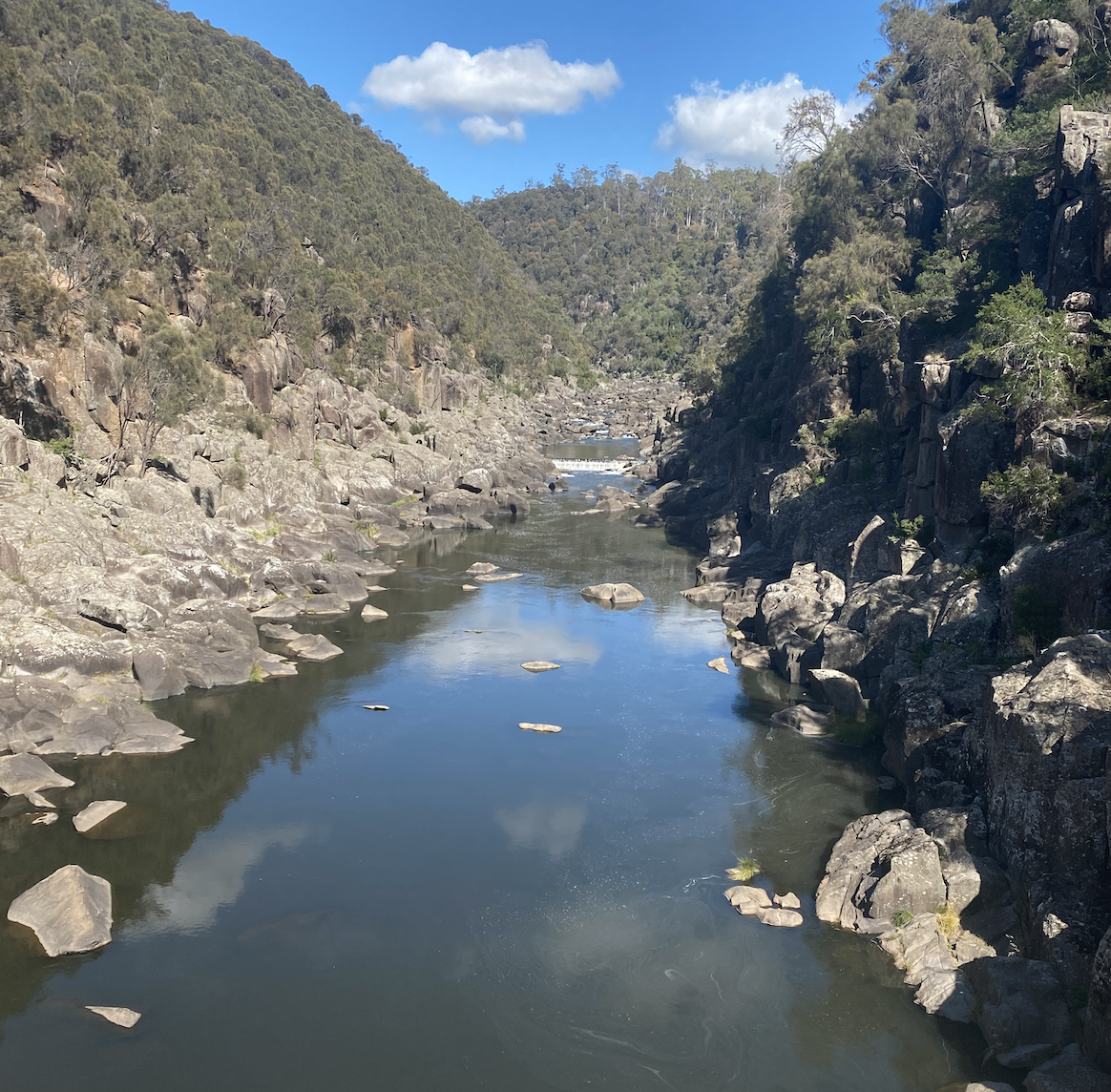Dr. Christine Coughanowr
Freshwater Resources Study
Tasmanian Independent Science Council, 2020
Detached Cultural Organisation is proud to support the Tasmanian Independent Science Council to undertake a scientific investigation of the current condition of Tasmania’s freshwater resources. The TISC, established in 2019, is dedicated to science-based policy reform to ensure the long- term health of Tasmania’s critical environments. The main focus is on government policy as it touches on natural systems.
The condition of Tasmania’s freshwater resources is poorly known, despite recent and planned major expansions in water use for irrigation and aquaculture, during a time of rapid climate change. The regulatory, legislative and economic frameworks that underpin wise management have also not been critically reviewed in recent times.
This project will review existing information on freshwater condition in Tasmania; the adequacy of current legislation, regulation and management, as well as economic valuation and drivers. The project will also raise public awareness of key issues, risks and potential solutions by way of a structured media campaign and public lecture series.
Dr. Christine Coughanowr is an independent scientist with over 35 years’ experience in water quality management. She came to Tasmania 27 years ago, fell in love with the Derwent, and set up the award-winning Derwent Estuary Program partnership. She retired from the DEP in 2018 to pursue other interests, which include consulting and providing science advice to conservation and community groups. Christine has also worked internationally as a water resources consultant, and is a Churchill Fellow. She has degrees in geology (BSc Duke University) and estuarine geology (MSc University of Delaware).
The Tasmanian Independent Science Council is a science group with a strong focus on the way Tasmania uses and protects its natural ecosystem services and functions. They are dedicated to science-based policy reform to ensure the long-term health of Tasmania’s critical environments. They seek to inform public debate and influence legislative processes to improve outcomes, including for terrestrial, freshwater and marine ecosystems and for the understanding of and adaption to climate change impact.

